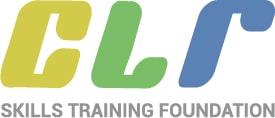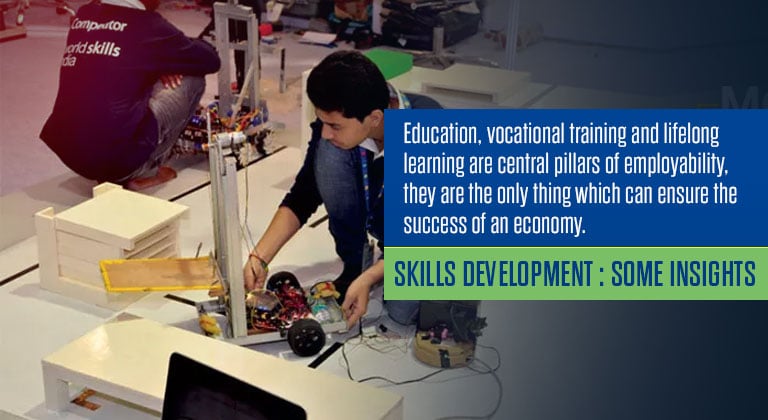Education, vocational training and lifelong learning are central pillars of employability, employment of workers and sustainable enterprise development within the Decent Work Agenda, and thus contribute to achieving the Millennium Development Goals to reduce poverty. Skills development is key in stimulating a sustainable development process and can make a contribution to facilitating the transition from the informal to the formal economy.
Skills development is also essential to address the opportunities and challenges to meet new demands of changing economies and new technologies in the context of globalization. The principles and values of decent work provide guidance for the design and delivery of skills development and are an effective way of efficiently managing socially just transitions.
At the International Labour Organization’s (ILO) 2008 International Labour Conference (ILC), representatives of governments, employers and workers adopted a set of conclusions for using skills development to improve productivity, employment growth, and development. The conclusions comprise a set of guidelines that can help sustain the competitiveness of enterprises and the employability of workers. In this framework, skills development can help build a “virtuous circle” in which the quality and relevance of education and training for women and men fuels the innovation, investment, technological change, enterprise development, economic diversification and competitiveness that economies need to accelerate the creation of more jobs, but also more productive jobs.
A broad definition of training and skills
The future prosperity of countries depends ultimately on the number of persons in employment and how productive they are at work. Nevertheless, skills development need to be connected to broader growth, employment and development strategies and that requires that governments, working with the social partners, build policy coherence in linking education and skills development to today’s labor markets and to the technology, investment, trade and macroeconomic policies that generate future employment growth.
Nevertheless, training and skills development can have multiple meanings as they include wide-ranging elements. In the current discussion it is understood in broad terms to include:
- Basic education ensures each individual the development of their potential, laying the foundation for employability.
- Initial training provides core work skills and the underpinning knowledge, industry-based and professional competencies that facilitate the transition into the world of work.
- Lifelong learning ensures that individuals’ skills and competencies are maintained and improved as work, technology, and skill requirements change.
- Different countries focus on different elements, as they see relative strengths and weaknesses in their own skills development systems, and as they learn more about innovations and experience in other countries.
Skills have multiple meanings and many elements and might be categorized in the following way:
Basic literacy, numeracy, and ICT skills
Core, key, generic, soft – ‘employability’ – skills – This may include communication, application of numbers, team working, problem-solving, learning to learn etc.
Higher order skills – for example, logic, reasoning, analysis, synthesis, statistics, etc.
Specialist, vocational, technical, academic skills – technical knowledge including enterprise, business know-how, financial skills etc
Attitudinal and behavioral skills – such as initiative, confidence, willingness, perseverance, determination etc.
Life skills – social, health, interpersonal skills
Evidence on the benefits from adequate investments in quality education and training firmly establishes that good education and training:
- Enhances people’s capacities and creativity, opportunities, and satisfaction at work.
- Empower people to develop their full capacities and seize employment and social opportunities.
- Raise the productivity of workers and of enterprises.
- Contribute to boost future innovation and development.
- Encourage domestic and foreign investment, thus job growth lowering unemployment and underemployment.
- Lead to higher wages, and
- When broadly accessible, expand labor market opportunities and reduce inequalities between different groups of people.
That’s the magic of skills development.






